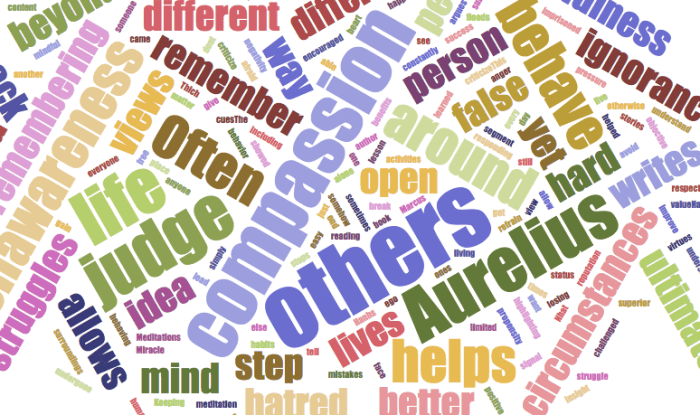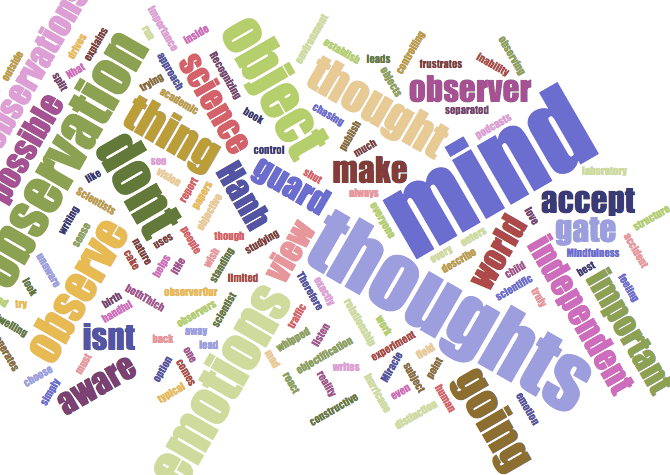The great thing about an individualistic culture is that you get to own your success and feel great about your achievements. You can feel pride in winning a race, skiing down a mountain, having the best Christmas lights, or getting a promotion. Individualistic cultures treat these achievements as something more than just activities and outcomes. They become reflections of you and who you are, and in many ways your achievements become part of your identify. We show our friends our achievements on Facebook, we hang our achievements behind us on our office walls for everyone to see when they look at us, and we celebrate achievements with shiny objects that sit around on shelves and desktops.
Thich Nhat Hanh encourages us to take a deeper look at our achievements than we typically do in an individualistic culture. He encourages us to look deeply at the successes in our lives and to ask how we contributed to the success, how other people had a hand in our success, and the role that luck played in our achievements. When we truly reflect on our achievements, we can begin to see that what we my think of as our own achievement was really a convergence of our own hard work and effort with many other factors that we had no control over. The outcome that we call an achievement is often less of something that we directly influence and more of something connected to the larger groups and societies to which we belong.
In detail, he writes, ” Recall the most significant achievements in your life and examine each of them. Examine your talent, your virtue, your capacity, the convergence of favorable conditions that have led to success. Examine the complacency and the arrogance that have arisen from the feeling that you are the main cause for such success.” In my own life, I look back at my achievements and I never have a problem remembering the hard work that I put in to achieve my goals. It is easy to remember the studying and reading I put forward to graduate from college. It is easy for me to think about how much I did to earn my grades, but if I am being honest with myself, I can also see how often I was not serious about my studies and how often I was able to benefit from a nice curve on a test.
Hanh continues, “Shed the light of interdependence on the whole matter to see that the achievement is not really yours but the convergence of various conditions beyond your reach.” I received substantial financial support from an uncle during college, and as a result I did not have to work full time and was able to enjoy leisure time. I was able to focus on my studies and had time to be in the library because I did not have to work 40+ hours a week to support myself and complete college. My success academically is directly tied to the support I received from my uncle. I can think about completing my college degree as my own success and as a display of my own virtue, but I relied heavily on assistance from a family member, assistance I can take no credit in receiving.
What is important to remember, and what Hanh highlights, is that in an individualistic culture we are often too willing to give ourselves credit for our successes and to view our achievements as entirely our own. When we do this, we artificially inflate ourselves to levels that we do not honestly deserve. It is important that we acknowledge the assistance provided to us from a fortunate birth, our family, random strangers, great teachers, and sometimes from just being in the right place at the right time. Letting go of our achievement as badges of our identities reduces our arrogance and makes us more open to helping others and connecting with those who have not had the same fortune as ourselves.







